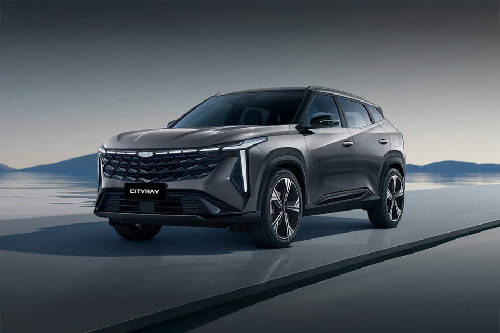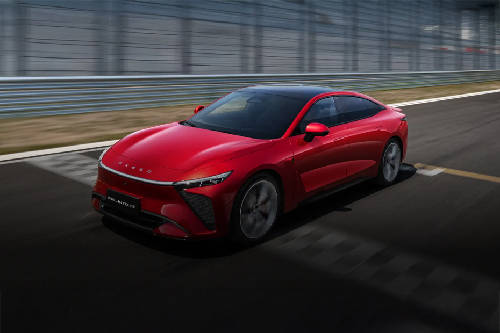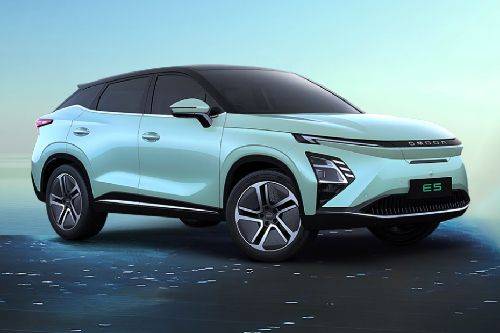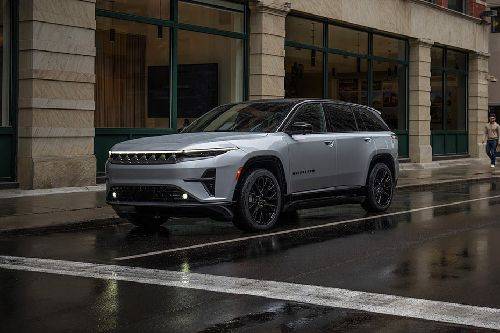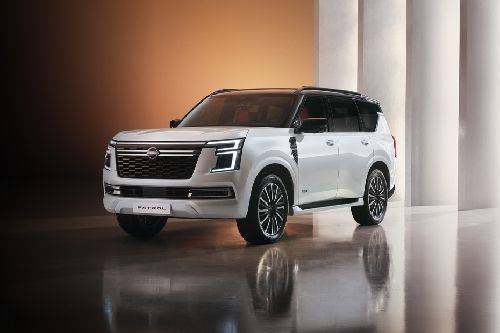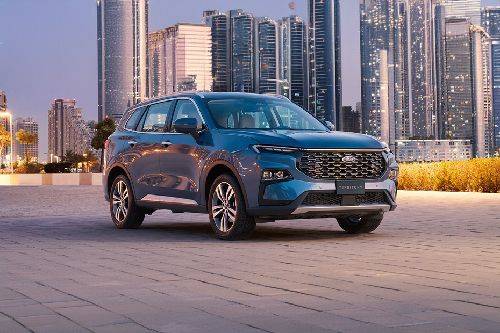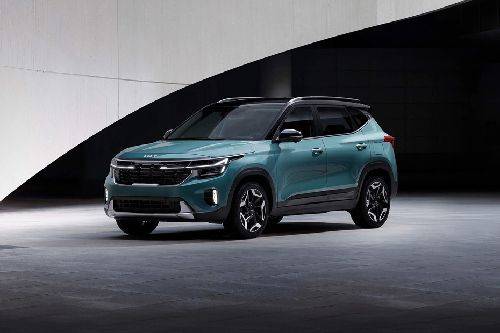Canada to mandate every new car sold to be zero-emission by 2035

ABU DHABI: Canada's groundbreaking initiative to mandate all new cars to be zero-emission by 2035 marks an important step in the efforts made by the nation to reduce its reliance on fossil fuels. The country's Environment Minister Steven Guilbeault shared important details about the comprehensive plan, signalling a shift towards sustainable and eco-friendly transportation practices.
KEY TAKEAWAYS
What target has Canada's Electric Vehicle Availability Standard set?
Canada's Electric Vehicle Availability Standard has set an ambitious target, requiring 20% of all new cars sold in 2026, 60% in 2030, and 100% in 2035 to be zero-emission vehicles.Why is Canada's automobile industry against the new mandate?
Canada's automobile industry is against the new rules as they think the goals outlaid are impossible to achieve. They think electric cars come at high prices, and charging stations aren’t available everywhere.Canada's Electric Vehicle Availability Standard has set an ambitious target, requiring 20% of all new cars sold in 2026, 60% in 2030, and 100% in 2035 to be zero-emission vehicles. This won’t apply to emergency vehicles. Carmakers who fail to meet these targets can purchase credits from other manufacturers who have exceeded their targets. The credits can be purchased at C$20,000 each.
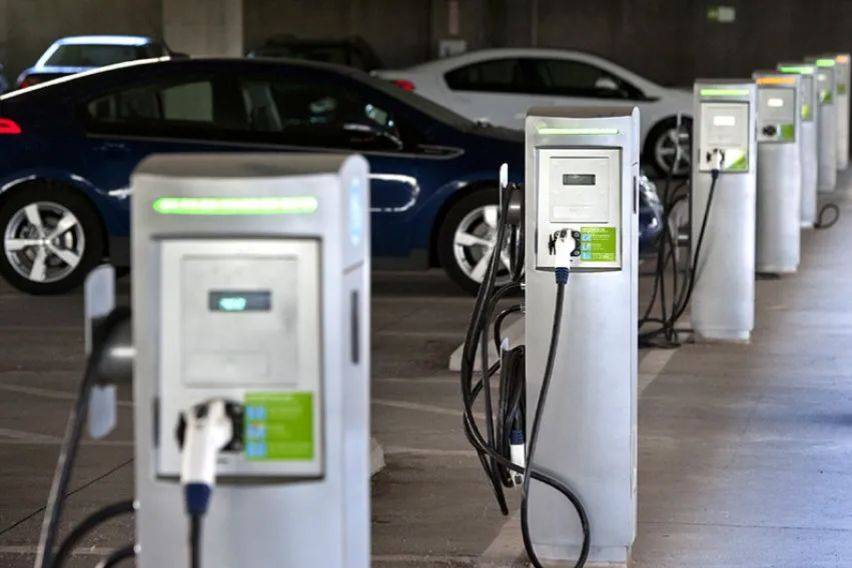
Canada's automobile industry is against the new rules as they think the goals outlaid are impossible to achieve. They think electric cars come at high prices, and charging stations aren’t available everywhere.
To simplify things, cars that can cover a minimum of 80 km on electricity before using gas can be called "zero-emission." The Canadian government is trying hard to catch up with the US and Europe in selling more EVs, but at present, only about one in ten new cars that are sold in Canada are electric. This figure is much less than the goal the government wants to achieve by 2026.
In regions with similar regulations to the federal standards, like British Columbia and Quebec, the sales of electric cars have exceeded targets. Both these provinces legislated the target of zero-emission vehicles in 2020, achieving 25% and 20% electric car sales ahead of their schedule, respectively.
In 2018, Ontario discontinued incentives, while Canada recently allocated subsidies for battery production. The incentives for plants such as Northvolt, Volkswagen, and Stellantis are estimated to be C$43.6 billion by 2033.
Also read: Land Rover gives a sneak peek of the Range Rover Electric
Automotive News and Reviews
- Latest
- Popular
You might also be interested in
- News
- Featured Stories
Featured Car
- Latest
- Upcoming
- Popular




















